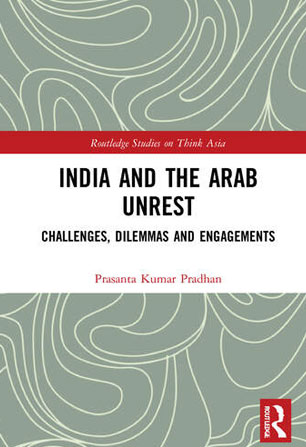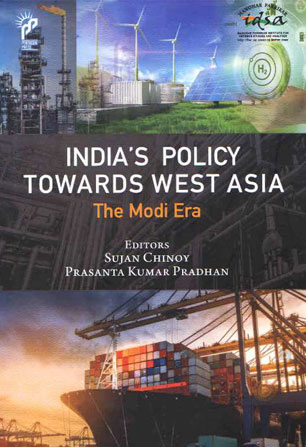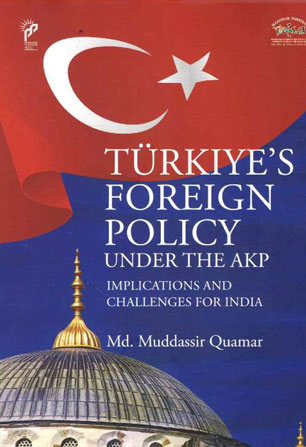The Signs of Change in Syria
Signals from Russia, China and even Iran that it is time for Assad to go combined with domestic dissensions and defections signal that the regime is finally cracking up.
- Rajeev Agarwal
- December 24, 2012



The West Asia Centre seeks to cover issues, themes and countries of the region which are undergoing rapid political transformation impacting the political and security situation of the region and beyond. Popular protests demanding political and economic reforms and the subsequent fall of some long ruling authoritarian rulers and the rise of Islamists to power have significantly changed the region’s political landscape. GCC-Iran rivalry, Shia-Sunni sectarian conflict, external intervention in the region, and the rise of religious radicalism have further aggravated the situation. The Centre is closely following the unfolding internal political developments in individual countries as well as the regional political scenario.
The historical shifts in the region and domestic political developments will have a significant impact on India’s external environment. With huge stakes in the region such as energy, trade and safety of Indian citizens in the region, it has become important for India to carefully watch developments taking place in its ‘extended neighbourhood.’ These and other related issues are being focused upon by the scholars at the Centre. The Centre continues to hold regular bilateral dialogues with some leading think tanks in West Asia thus facilitating exchange of ideas and perspectives.
Current projects being pursued in the Centre are:
No posts of Books and Monograph.
No posts of Jounral.
Signals from Russia, China and even Iran that it is time for Assad to go combined with domestic dissensions and defections signal that the regime is finally cracking up.
Egypt is realizing that democracy is not an easily procured fruit, especially in a nation where political movements have been suppressed for decades and peoples’ sentiments can be easily swayed either way.
Since the revolution that toppled Mubarak, Sinai has become a no man’s land where jihadists from Egypt and Gaza as well as local Bedouins have begun to engage in militant activities.
Both sides appear to have wisely avoided a gruelling battle of attrition by opting for a tactical truce - not seemingly on account of a preference for peace but because of a pragmatic recognition of the futility of further conflict.
With reports noting that the Israeli government had authorised the mobilisation of close to 75,000 reservists ahead of a possible ground invasion, international attention is currently focussed on preventing this possibility
While the United States stands committed to Israel, though in a much muted tone, there has been outrage in the region, particularly from Egypt, Turkey, Iran, Tunisia as well as the Arab League.
At the core of the standoff over Iran’s nuclear programme is the challenge to West Asia’s balance of power from Iran’s growing sphere of influence, which now stretches through Iraq towards the Mediterranean.
Turkey is realising that a soft power-based foreign policy was successful and gave returns with minimum risks only when the region was stable. With the Middle East going through a political transformation, Turkey will have to invent new strategies to remain relevant and continue its rise a regional power.
As we move into the second winter of the Arab Spring, this Issue Brief attempts to take stock of the progress of the Arab Spring and examine whether the aspirations of people have been met or have they been handed a raw deal.
Just when it seemed that the Arab Spring was almost over and the region was entering a phase of political transition, a flurry of developments in the first week of October 2012 has brought the region back into focus.



